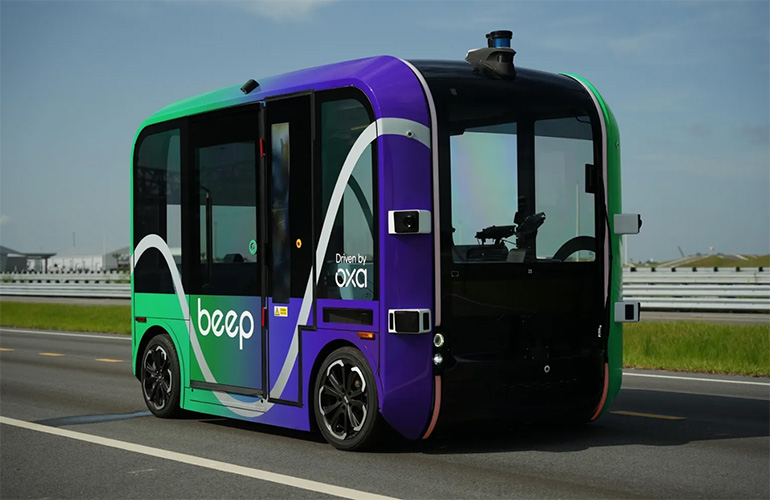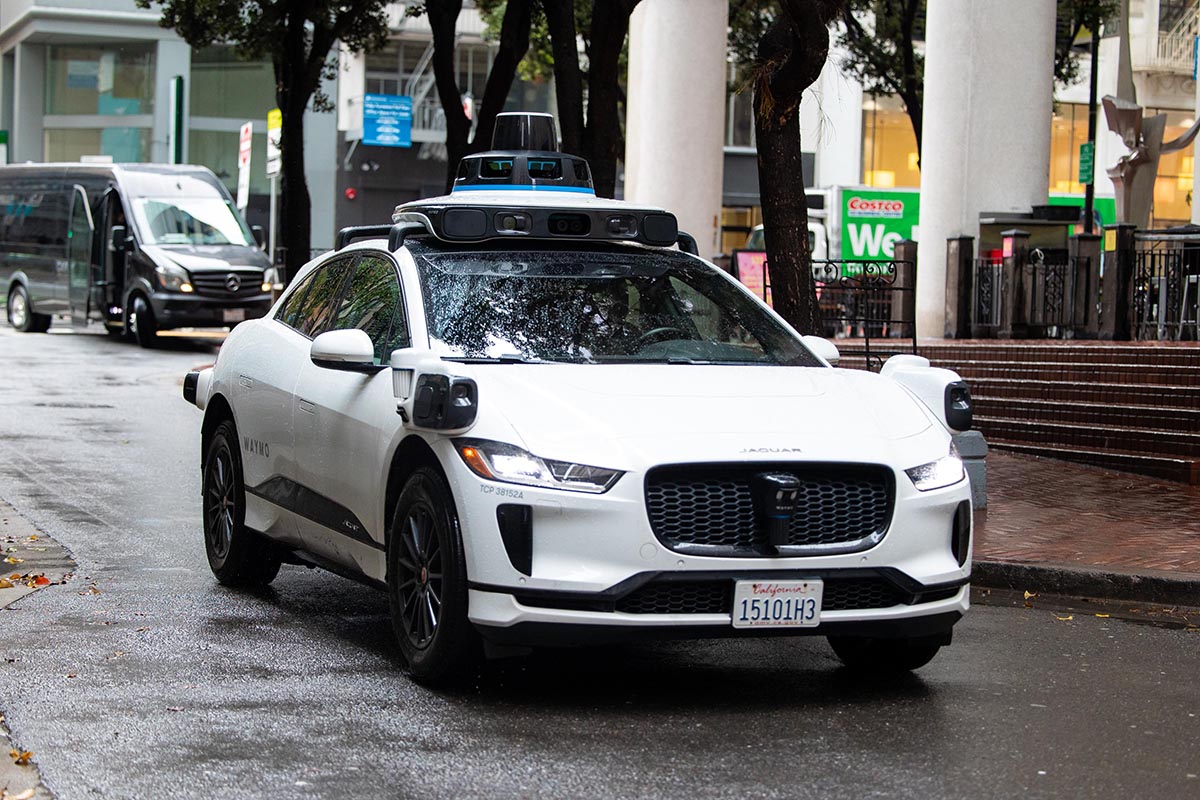Beep has introduced its autonomous vehicle service at Florida State College at Jacksonville (FSCJ), marking its first full-scale deployment at a Florida university campus. This initiative, launched in collaboration with the Jacksonville Transit Authority (JTA), aims to enhance mobility options and safety in Jacksonville.
The self-driving shuttles, equipped with self-driving software from Oxa and featuring lidar, radar, and high-fidelity cameras for 360-degree always-on sensing capabilities, will transport visitors, students, and faculty along a one-mile route connecting the university’s Advanced Technology Center with several buildings on campus.
See also: Beep Unveils Beep AutonomOS Platform to Monitor and Enhance Autonomous Fleet Operations
The project is a result of the partnership between JTA and FSCJ, established in 2020 to explore and develop innovative mobility solutions in Jacksonville, focusing on improving pedestrian and roadway safety.
Nat Ford, CEO of JTA, commented, “Our partnership with FSCJ and our industry partners Beep and Oxa goes beyond merely deploying autonomous vehicles on campus – it marks a significant stride towards enhancing mobility in Jacksonville, making it more efficient and safer. This initiative is a testament to years of hard work and collaboration between the private and public sector, including the U.S. Department of Transportation.”
The launch of the autonomous vehicle service at FSCJ comes as JTA prepares for Phase 1 of its Bay Street Innovation Corridor project, which aims to transform the city’s Skyway monorail system into an autonomous vehicle network. Phase 1, scheduled to commence in 2025, will focus on a three-mile business, residential, and entertainment segment of Bay Street in downtown Jacksonville.
See also: Beep to Launch Autonomous Shuttle Pilot at University of North Carolina in Charlotte
Ford added, “We are eager for the FSCJ campus and the wider Jacksonville community to experience these AVs firsthand to see the benefits these vehicles bring as we prepare for the launch of Phase 1 of the Bay Street Innovation Corridor.”
The Bay Street Innovation Corridor project will also introduce several digitization technologies to upgrade the city’s infrastructure, including pedestrian sensors, street flood notification systems, smart lighting, and smart waste management, further enhancing Jacksonville’s status as a hub for innovative mobility solutions.







